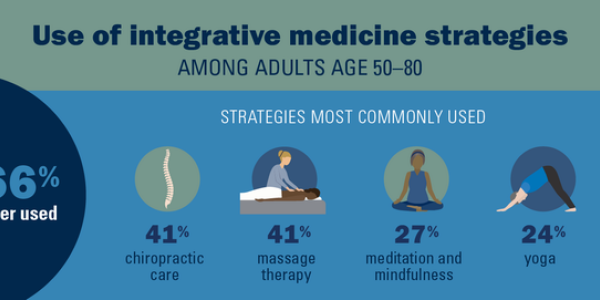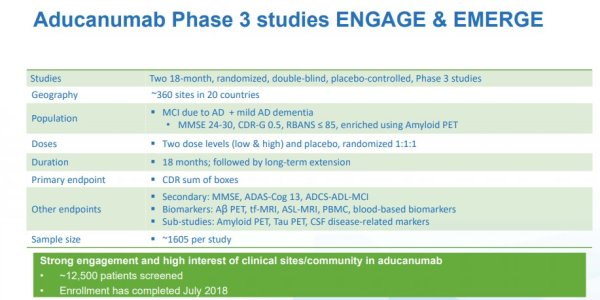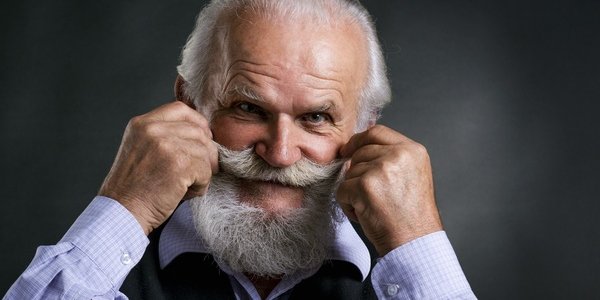Debunked: U-Shaped Happiness Curve Of Aging
On average, happiness declines as we approach middle age, bottoming out in our 40s but then picking back up as we head into retirement, according to a number of studies. This so-called U-shaped curve…











